SDG Goals
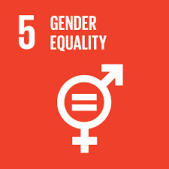
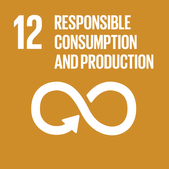
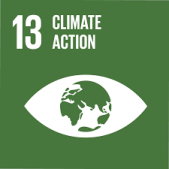
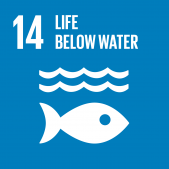
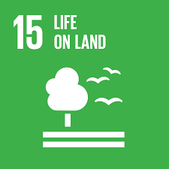

Our vision for both Bangladesh and the world is that all people, regardless of gender, race or religious creed, are able to live fulfilling and productive lives without compromising the ability of future generations to do the same.
CSD is the only research institute in Bangladesh dedicated solely on the Sustainable Development dilemma: how can the human development needs of all people be realised in a world of finite resources facing enormous environmental challenges, from the collapse of biodiversity to climate change?
CSD holds a unique place within the wider University. As well as contributing to the core ULAB strengths of teaching and research, with an emphasis on a Liberal Arts education, institutionally we are solely responsible for curating one of ULAB’s guiding principles: that of sustainable development.
Our mission is threefold. First, we generate original research concerning all aspects of the Sustainable Development Goals, and how to overcome the serious and numerous obstacles to their achievement. Secondly, we educate and train the next generation of sustainability leaders in Bangladesh, particularly through our “Minor in Sustainable Development” course offering.Thirdly, we act as regional hub, hosting both junior and senior scholars with research interest closely aligned with our own, convening leading scholars from around the world at major academic conferences, and establishing innovative partnerships to deliver a disruptive research agenda with real world impact.
We are guided by five core beliefs:
We are optimistic and ambitious. Our aspiration is for CSD to become the leading research institute of its kind in Asia. We currently:
In the near future, we are in the process of expanding our institutional partnerships to include a wider range of institutions, both in Bangladesh and Europe and are developing a new Master’s degree in Sustainable Development, the first of its kind in Bangladesh.
We are always on the look out for collaboration with like minded individuals and institutions. If you think you’d like to work with us, do not hesitate to get in touch.